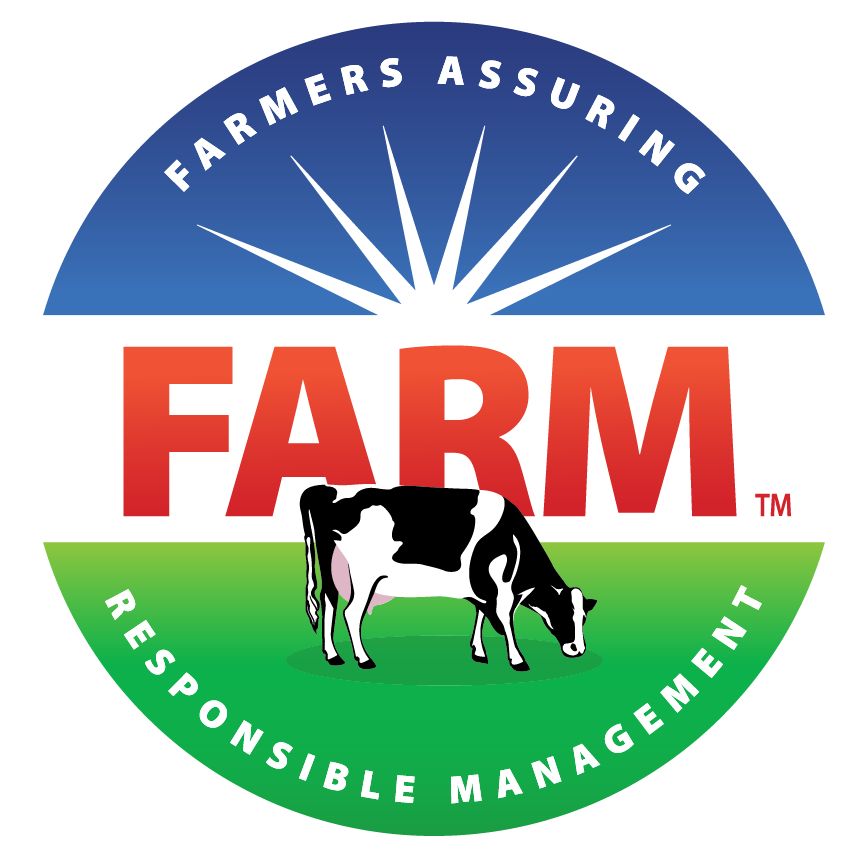WEBINAR DETAILS
October 6, 2016 | 12:00 pm EST | Watch Here
ABOUT THE WEBINAR
Top-quality care from trained employees, along with positive human interactions, favorably impacts a calf’s future performance as a milk cow. Liz Cox, DVM, MS, Merck Animal Health dairy technical services veterinarian, will explain good stockmanship practices, colostrum management, water and feed availability, and written protocols for newborn and milk-fed calf management. She will also review handling and movement, employee training and ways to reduce stress during processing.
ABOUT THE PRESENTER

Liz Cox, DVM, MS
Dairy Technical Services Veterinarian
Merck Animal Health
Dr. Cox dedicates her time to calf health and milk quality. For calf raising operations, she assists in implementation of data capture, management and analysis for herd health decisions. She has developed and executes the use of lung ultrasound in dairy calves to detect respiratory disease and has trained other veterinarians in this technique.
She believes in judicious use of antibiotics and has extensive milk quality laboratory experience including on-farm milk quality labs. Spanish is a second language for Dr. Cox and she enjoys performing training in Spanish to dairy employees.
Before joining the team at Merck Animal Health, Dr. Cox worked in private practice in California’s Central Valley.
Q & A WITH DR. COX
Why is the topic of calf care important to the dairy industry?
Heifer calves are the future of a dairy, and bull calves serve an important role of contributing to beef production in the U.S. which makes calf care important. Dairy men and women always want to challenge themselves to improve, try new technologies and produce a sustainable product for the public to enjoy.
How can proper calf care make a difference within the greater dairy industry?
Focusing attention on calf care will improve the dairy industry by helping to ensure those who care for the calves day to day are well prepared. As dairies have grown and expanded, so has the need to hire employees from outside of the family. Many of these employees do not come from agricultural backgrounds and are inexperienced in caring for calves making proper training critical.
Why should dairy producers care about calf care?
Calves are the future of a dairy farmer’s operation. Heifer calves are raised to become milk cows, and better care when they are young will mean longer and more productive lives as milk cows. Bull calves are raised as steers and contribute significantly to the U.S. beef market. Emphasizing calf care will help create a culture where all animals are treated with dignity and respect.
Why is proper calf care important for dairy operations to implement?
Proper care of all of the animals on a dairy is important for their health. Healthy animals will, in turn, have long and productive lives in the herd. Proper care of all animals on a dairy also protects a farmer’s social license to raise animals and milk cows. Consumers love the products produced from dairy cows, and want to enjoy their food knowing the animals were raised with quality care.
What do you feel is the most important factor that leads to sound calf care on dairy farms?
Attention to detail is the most important factor leading to sound calf care. Neonatal calves are very strong when they are born, and it is amazing how quickly they will walk and nurse. That being said, it is also important to remember that calves are babies and therefore more susceptible to disease, extreme weather conditions and dietary changes. Once a dairy develops protocols and trains their employees to follow them, attention must be given to all the small details in the protocol. Very minor changes can cause calves to become sick or fail to thrive in their environments. The best dairy farmers pay attention to the details and train their employees to do the same thing.
What is the most common mistake dairy producers/employees make related to dairy calf care?
It is important to remember the way nature designed calves to be raised by their cow mothers – nursing from a nipple, multiple times a day to meet their energy needs with milk. Calves are traditionally raised in social environments with other calves and have access to forage from an early age.
How will FARM help industry stakeholders raise the bar for calf care?
Often we judge good calf care simply by looking at measurable outcomes such as morbidity and mortality. FARM 3.0 provides guidelines of good calf care with examples of what is expected on our dairy farms, i.e. feeding colostrum, the essential first meal to all calves born. Of course, this will lead to lower morbidity and mortality in the animals, but FARM 3.0 outlines specific guidelines and expectations for the dairyman, so that improving calf care is based on science and proven practices. Additionally, second and third party audits will also raise the bar, as valuable data will be collected regarding the care of calves indicating where improvements can be made.
This webinar is part the of the Merck Dairy C.A.R.E & FARM Animal Care Webinar series. You can view the FAQs and full schedule here.

 Ben Bartlett, D.V.M.
Ben Bartlett, D.V.M.